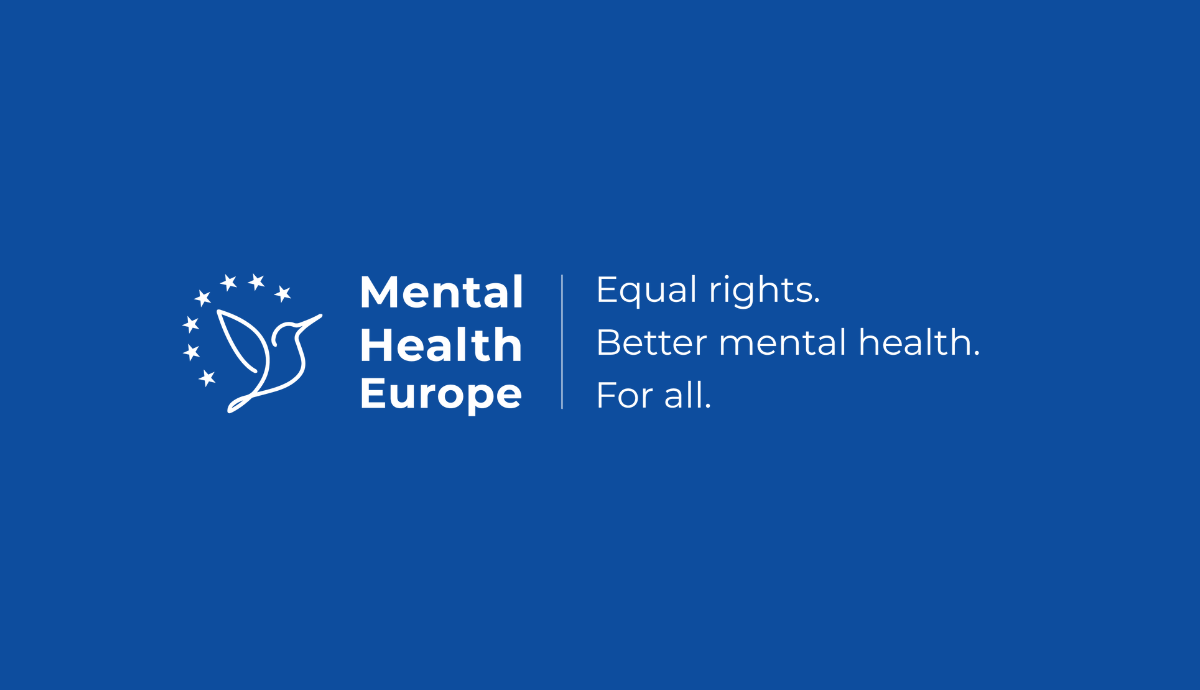European leaders tell the Commission to keep health a priority

On 21 June 2024, health, social, and employment ministers approved Conclusions on the Future of the European Health Union, calling on the European Commission to keep health, including mental health as a priority in its upcoming five-year term. Mental Health Europe supports the Council on this call, which was highlighted in our Manifesto for mental health in the next EU mandate.
We are glad to see that access to health care and prevention is presented first as a fundamental right and then as a pre-condition for the well-functioning of our society and economy. The Conclusions clearly state that mental health is a key aspect of well-being and impacts a variety of sectors both socially and financially.
We commend the call to address non-communicable diseases in a cross-sectoral and a holistic manner, with an explicit reference to the need to strengthen EU policies on health promotion, including mental health.
We are pleased to see a reference to the socioeconomic and commercial determinants of health, in addition to healthy lifestyles.
We welcome the recognition of the need to sustain the mental health of the health workforce, as well as the call to uphold the nexus between research, innovation, policy and funding instruments.
The Conclusions underscore the urgency to address unmet health needs and call for an independent needs-evidence database that can help address priority needs in healthcare and innovation policies, stating ‘This framework should be developed by independent researchers, taking into account input from stakeholders, including citizens, patients, healthcare providers, policy makers and developers.’ We welcome the emphasis on independent scientific evidence, and we recommend for the framework to be co-created with all the different stakeholders i.e. for their contribution to be of equal value.
There are some areas where the Conclusions could have been stronger:
- Leaving nobody behind. The Conclusions stress that climate change leads to increased risks of both communicable and non-communicable diseases, creating new vulnerabilities and exacerbating existing inequalities by disproportionally affecting vulnerable population groups. This is valid also for other challenges, such as digitalisation. The need to leave nobody behind – clearly set as goal in the EC Communication on a Comprehensive approach on mental health- could have been stronger.
- Conflict of interest. In relation to data sharing in healthcare, the Council considers crucial that citizens have the transparency over the use of their personal health information, ensuring protection and security, as well as raising awareness to foster trust and encourage data sharing for the greater good. We emphasise the need to ensure that data sharing is for the greater good and not for commercial interests.
- Digitalisation and negative impact on mental health. The Conclusions highlight the opportunities offered by digitalisation, but also refer to complex ethical and societal challenges that requires coordinated action at national, European and international levels. We call for a human rights framework based on co-creation as compass to solve any current or future dilemma. Our Report on Digitalisation and mental health explores this in detail. The Council invites the European Commission to consider how the negative mental and physical health effects of extended use of social media and screen-based technologies on children can be addressed, to improve their well-being . While we certainly agree with the need to prevent negative impacts on the mental health of children, we stress that this is not simply connected to the time spent on social media, but to the very design of these platforms (and ultimately to their very business model). This is acknowledged in the Digital Services Act, a recent legislation which recognises certain systemic risks stemming from the design or functioning of the service and systems, including algorithmic systems, which – for instance- may cause addictive behaviour.
Mental Health Europe stands ready to support the implementation of these Conclusions, and will continue to work with the institutions, our members, and partners to make sure mental health remains in focus over the next five years and beyond.. Together, we can ensure that the next EU mandate delivers a Europe were positive mental health and well-being is prioritised across the life course, and where everybody can fully enjoy their right to (mental) health.
Stay connected
Get our latest news, personal stories, research articles, and job opportunities.